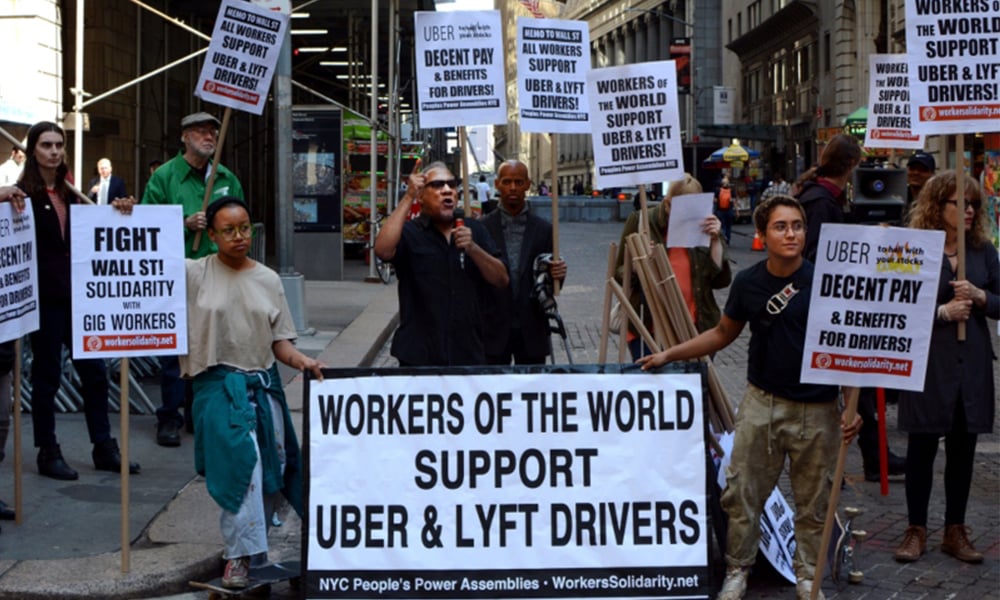Canada’s top court finds clause requiring arbitration overseas impractical and unfair to Canadian workers

Do you “Uber?” Many people do, which has contributed to the rise of the ride-hailing app, the company behind it, and by extension the “gig economy.”
The gig economy involves not only a new era of technology, but also a type of work in which people perform tasks — such as driving someone to a destination or delivering food or merchandise — and are paid individually for each task. Companies such as Uber provide the technological infrastructure for customers to place orders for the tasks and they collect payment, paying workers after taking a cut.
Uber and similar companies in the gig economy consistently claim the people who perform the work are independent contractors, leaving the companies free of any responsibilities related to employment standards or employee-related taxation. However, this model has come under fire as workers in some regions have tried to push the idea that they’re actually employees who should be protected under employment standards legislation.
For example, in the past few years, workers for Uber in Brazil (where a judge declared an Uber driver was an employee to which the company owed compensation for overtime, night shifts and holidays plus expenses such as gasoline) and Australia (where a driver’s group sought to be recognized as employees) have launched legal battles for more protections under the law where they work. Things were made more complicated for Uber when its CEO and co-founder was turfed after allegations of sexism and bullying within the company came to light.
Canada has had its own version of the quest for employee rights for Uber drivers, most notably from the class-action lawsuit Heller v. Uber Technologies Inc. David Heller, an Uber food delivery driver in Ontario, sought a declaration that all of the drivers are employees of Uber and thereby entitled to the benefits of employment standards legislation in the province.
In 2018, the Ontario Superior Court of Justice dismissed the lawsuit based on an interesting clause in the contract between Uber, its offshoot Uber Eats, and its drivers. Though Uber was founded in San Francisco, it has offices in Amsterdam and is incorporated under the laws of the Netherlands — with the Canadian branch providing marketing and administrative support for Uber apps here.
The service agreements for Uber drivers specify that the parties are not in an employment relationship and they are governed by the laws of the Netherlands. A mandatory arbitration clause requires that any disputes connected to the agreement must be resolved by arbitration in Amsterdam. It was this clause that gave the Ontario court reason to dismiss the class action lawsuit — it was satisfied that it should be left to an arbitrator to decide whether he or she has jurisdiction to determine if Uber drivers are employees.
Of course, in practical terms, it is virtually impossible for an Uber driver in Canada or most other countries to pursue an arbitration case in the Netherlands. This is why the Supreme Court of Canada, in hearing Heller’s appeal, recently overturned the Ontario court’s decision. Normally mandatory arbitration clauses will be enforced to let arbitrators determine if they have jurisdiction on an issue. In this case, however, Canada’s top court found that workers in Canada should have access to Canadian legal tribunals and courts to enforce their rights.
The Supreme Court’s decision confirms that regardless of whether companies like Uber actually employ the people who provide services under their banner or use them as independent contractors, they will have to do so under the law of the jurisdictions where they operate. In Canada, they will have to be able to prove the workers meet the test of independent contractors under Canadian law, or else provide them with protections under employment standards legislation in Canada.




